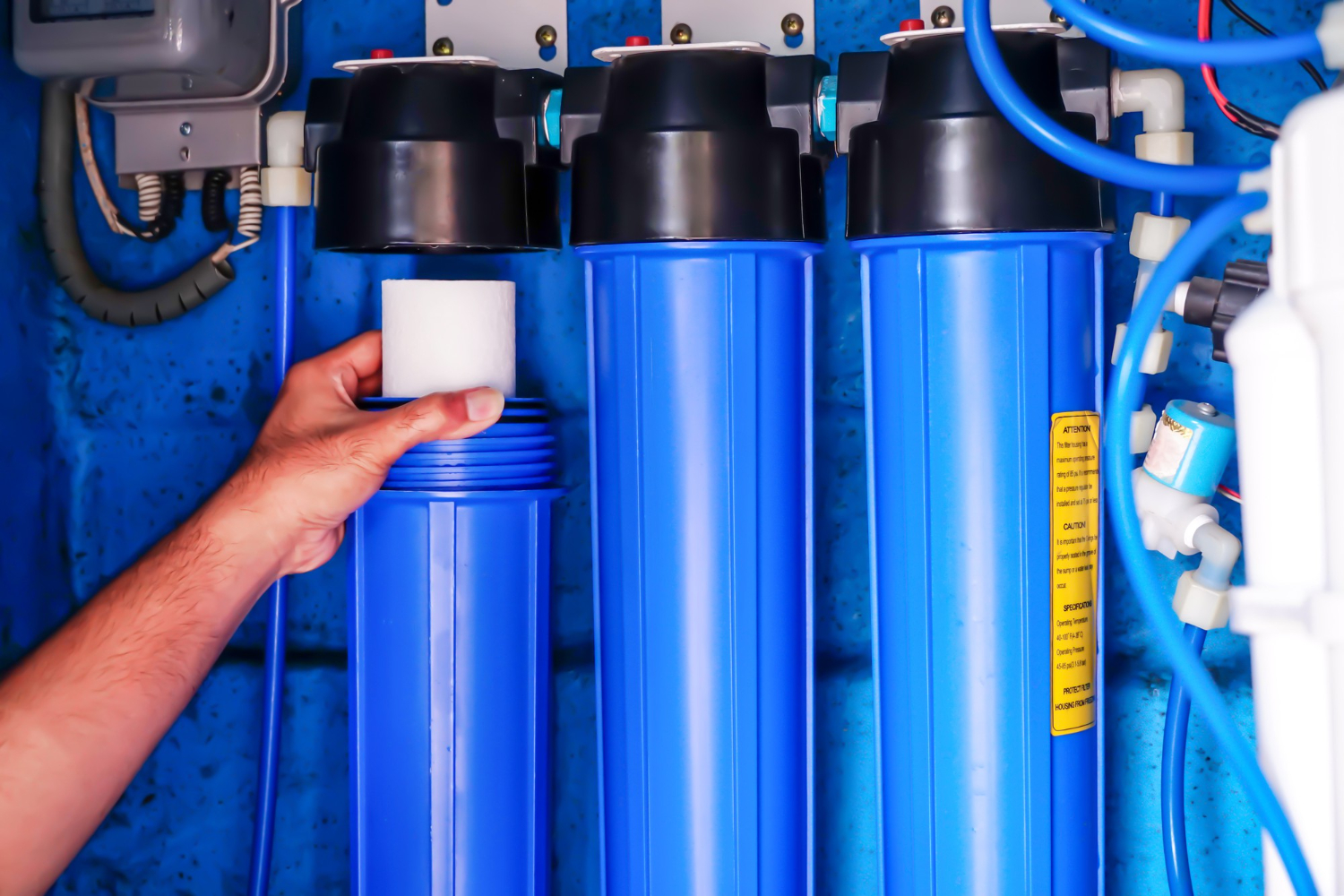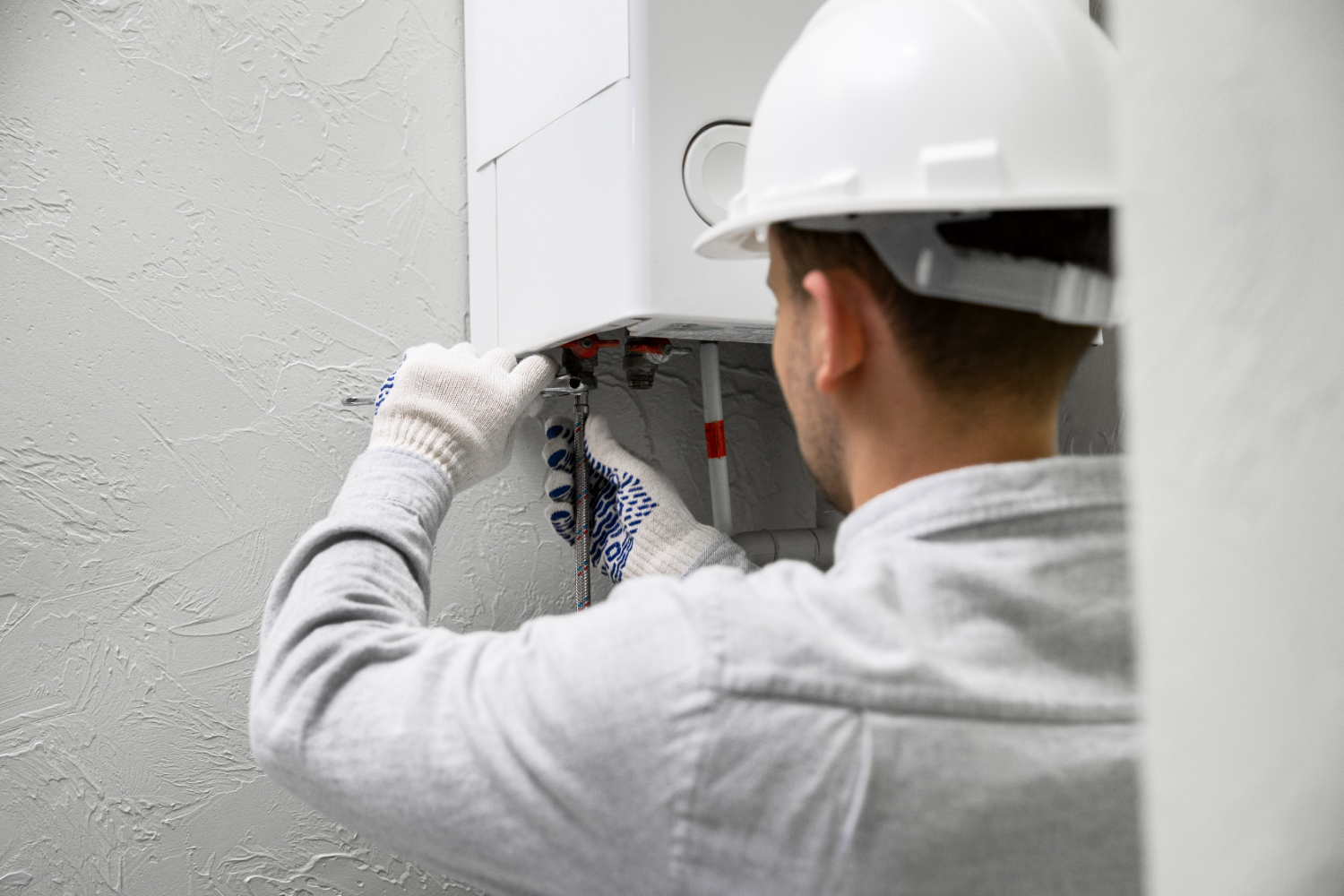Winter can be tough on many of your home’s systems, and your water conditioner is no exception. As temperatures drop, special attention is needed to ensure your water conditioner continues to work properly. Cold weather can cause problems like freezing pipes or reduced efficiency, which can lead to bigger issues down the line.
To make sure your water conditioner stays in top shape throughout the winter, taking preventive steps is crucial. From insulating exposed pipes to tweaking system settings, small actions can make a big difference. Proper care ensures that your water conditioner operates smoothly, providing you with quality water even in the coldest months.
Understanding how winter affects your equipment and addressing potential problems early helps prevent unexpected breakdowns and costly repairs. By staying proactive, you can maintain the performance of your water conditioner and avoid any winter-related hassles.
Understanding the Impact of Cold Weather on Water Conditioners
Cold weather can affect your water conditioner in multiple ways, leading to reduced efficiency and even potential damage if not addressed. One of the most common issues is freezing. If the temperature around your water conditioner drops too low, it can cause the system to freeze. This not only blocks water flow but can also crack or damage components.
Winter can also make your water conditioner work harder. As temperatures drop, the cold water entering the system requires more energy to condition effectively. This can strain the system, reducing its lifespan and efficiency. You might notice decreased water flow or less effective filtering during the cold months.
Salt bridging is another problem that can occur. In lower temperatures, the salt inside your water conditioner might form a hard crust, preventing it from dissolving properly. This can halt the ion exchange process critical to softening your water. Regularly checking your salt levels and keeping an eye out for bridging can help mitigate this issue.
Finally, power outages, which are common in winter, can affect your water conditioner settings. It’s essential to ensure that any timers or settings on your water conditioner are checked and adjusted if necessary after an outage. By understanding these potential impacts, you can take steps to protect your water conditioner and keep it running smoothly during winter.
Insulating Pipes and Components to Prevent Freezing
One of the most effective ways to protect your water conditioner from cold weather is by insulating the pipes and any exposed components. Insulation helps maintain a stable temperature around the unit, reducing the risk of freezing.
Start by checking all exposed pipes connected to the water conditioner. Look for any cold spots or areas prone to drafts. Once identified, wrap these pipes with pipe insulation foam, which is easy to use and available at most hardware stores. This foam acts as a barrier, keeping the cold air away from the pipes.
Pay attention to other parts of the water conditioner that might be exposed to cold air. This includes external components, connections, and any other points that cold air could enter. Use insulation blankets or covers for larger components if necessary. These covers are designed to keep equipment warm and are usually weather-resistant.
Here are a few tips to ensure proper insulation:
1. Use Weatherproof Materials: Choose materials that can withstand moisture and cold without deteriorating.
2. Seal Gaps: Check for any gaps or cracks around the pipes and components, sealing them with caulk or foam sealant to prevent cold air from seeping in.
3. Secure Insulation Firmly: Make sure the insulation is secured tightly around pipes and components to maximize its effectiveness.
Taking the time to insulate your water conditioner’s pipes and components can prevent freezing, reduce energy consumption, and extend the life of your unit. Proper insulation is an effective step in maintaining your water conditioner during the harsh winter months.
Adjusting System Settings for Optimal Performance in Winter
When winter sets in, it’s crucial to adjust your water conditioner’s settings to ensure it operates efficiently. These adjustments help it work better in colder weather and can prevent unnecessary strain on the system.
First, check your water conditioner’s regeneration frequency. Cold weather can change water usage patterns, so you might need to increase or decrease how often the system regenerates. Consult your unit’s manual to find the ideal setting for winter conditions. Adjusting the cycle appropriately prevents overuse and saves on both salt and water.
Consider your water softening levels, too. During winter, the water’s hardness can fluctuate, affecting your softener’s performance. Test your water regularly and tweak the softening levels as needed. This helps maintain water quality and prevents issues with scaling on plumbing fixtures and appliances.
For some units, setting a lower temperature limit may be an option. If your system allows, adjust the minimum operating temperature to prevent freezing during particularly cold nights. Just make sure that any changes made don’t interfere with the unit’s core functions.
Keep in mind a few simple tips:
1. Review Your Manual: Always refer to the user guide for specific winter settings.
2. Regular Testing: Continuously test your water to monitor its softness and adjust settings accordingly.
3. Consult a Professional: If uncertain about settings, professional advice ensures optimal performance without risking damage to the unit.
Regular Maintenance Checks for Winter Efficiency
Regular maintenance checks are vital for keeping your water conditioner at its best during winter. With routine checks, you can catch small issues before they turn into bigger, costly problems.
Start by examining the salt level in your brine tank. Winter is the time when salt bridging is more likely to occur. Make sure the salt is loose and free-flowing. If you find hard crusts or bridges, gently break them up with warm water and a stick.
Inspect your water conditioner’s control valves and seals. Cold weather can sometimes cause seals to contract, resulting in leaks or improper operation. Make sure all parts are well-sealed and functional. Tackle any detected leaks immediately to avoid freezing and damage.
Clean your resin tank to ensure it is operating efficiently. A simple backwash with clean water can improve the system’s performance, helping it to clear out any unwanted deposits.
To summarize, conduct these checks regularly:
1. Brine Tank Check: Ensure salt stays free of bridges.
2. Valve Inspection: Check for leaks and ensure valves are secure.
3. Resin Cleaning: Periodically backwash the system for peak efficiency.
If these tasks seem daunting or you’re unsure about any aspect, don’t hesitate to reach out to a professional for help.
Conclusion
Preparing your water conditioner for winter requires a blend of proactive measures and regular maintenance. With the right adjustments and insulation, you can ensure your system runs smoothly throughout the cold months. Remember, small preventive actions can save you from significant headaches and expenses down the line.
For those times when handling water conditioner maintenance feels challenging, contact George Plumbing Co., Inc. We’re ready to assist with professional adjustments and maintenance checks to keep your water systems efficient and trouble-free. Reach out today for expert assistance in winterproofing your home’s plumbing in San Antonio.





